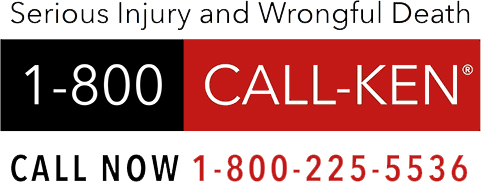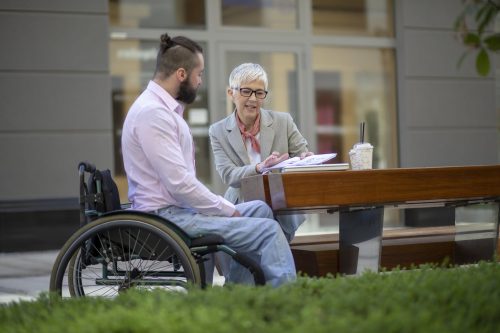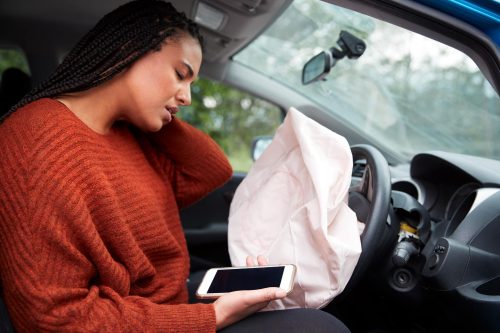
According to AAA, adverse weather and/or roadway conditions account for approximately 21 percent of traffic accidents each year. Annually, almost 1.2 million traffic accidents are blamed on weather and/or road conditions. Because of traffic accidents related to road conditions and weather, roughly 425,103 people are injured, and 5,137 people die each year.
Whatever term you may use (adverse, bad, poor, extreme, etc.), one thing is for certain, weather conditions can make a significant difference in how you approach driving. Various weather conditions may result in slick surfaces and decreased visibility. Whether it is rain, fog, ice, snow, or dust, you need to exercise caution when driving during poor weather conditions to reduce your risk for a weather-related traffic accident.
Safety Tips for Driving in Severe Weather Conditions
Below are several tips you can use to reduce your risk of being injured in a weather-related traffic accident:
- Turn on the low-beam headlights to increase the visibility of your vehicle to other motorists, bicyclists, and pedestrians.
- Slow down! Speed limits are set for good driving conditions. When driving conditions deteriorate, you need to slow down to allow a greater distance for stopping and to reduce the risk of losing control of the vehicle.
- Keep your windshield clean. Windshields that have dust, dirt, grime, or smudges on them can result in glares and reduced visibility.
- Avoid tailgating. Increase the distance between your vehicle and the vehicle in front of you to allow for additional time to slow down or stop to avoid a collision.
- Turn on your flashers when driving in fog or heavy rain to help other motorists see your vehicle.
- Keep your vehicle equipment in good working order. Replace tires, windshield wipers, and light bulbs at the first sign of wear and tear. Dirty headlights and worn windshield wipers can reduce visibility. Worn tires and brakes can reduce your ability to avoid a collision.
- Always wear your seat belt each time you are in the vehicle. Make sure that all children are securely fastened into a car seat or child safety seat designed for their age, weight, and height.
- If you need to pull over to the side of the road, choose a spot that is safe. Use your flashers to warn other drivers. If necessary, use flares, but be very careful if you exit the vehicle and only exit from the side that is opposite of traffic.
- Avoid driving when you are fatigued, drowsy, impaired, or distracted. You need to be focused when driving in good conditions, but especially when driving in poor weather conditions.
For more information about driving in adverse weather conditions, visit AAA’s website to read tips for winter driving and driving on wet roads. The Indiana Department of Transportation also has driving tips for poor weather conditions.
Who is at Fault for a Weather-Related Traffic Accident?
As with any traffic accident, fault determines your ability to recover compensation for your injuries. However, what happens when the weather is “at fault?” In most winter weather traffic accidents or accidents that occur in other weather conditions, one or more drivers acted negligently or recklessly in causing the crash.
Examples of actions that can contribute to a weather-related traffic accident include:
- Speeding
- Reckless or aggressive driving, such as weaving in and out of traffic or tailgating
- Driving while impaired by alcohol or drugs
- Fatigued and drowsy driving
- Distracted driving
- Failing to yield the right of way
Even though the weather may be a contributing factor to an accident, if a driver’s actions contributed to the cause of the crash, that driver can be held liable for your damages. If you are in a traffic accident that appears to be caused by adverse weather conditions, you should still contact an Indiana car accident attorney for a free consultation.
Call Today for Your Free Case Evaluation?
Call The Ken Nunn Law Office at 1-800-CALL-KEN or 1-800-225-5536 to request your free case evaluation with an Indiana car accident attorney.
You might be entitled to recover money for your damages, including costs of medical care, loss of income, property damage, and physical pain. The time to file a claim is limited — call now!







